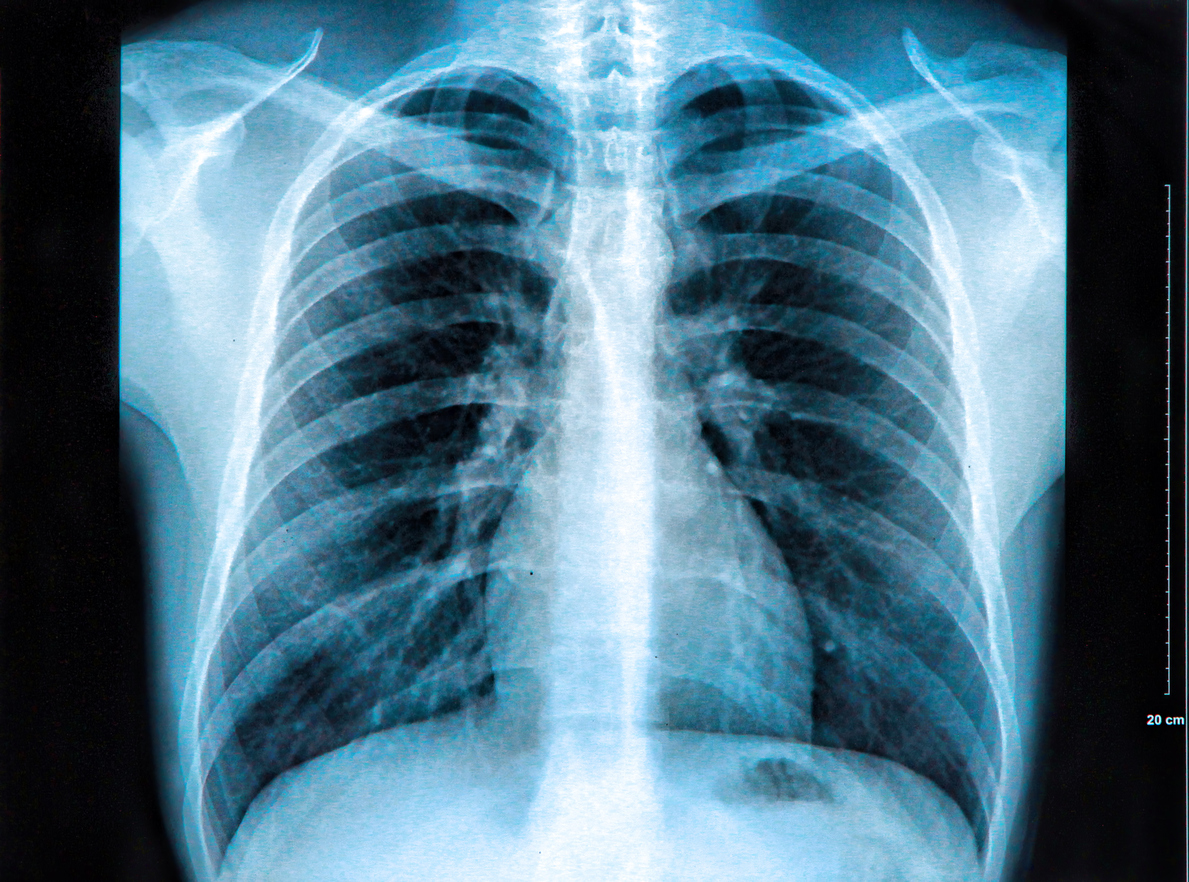Symptoms of a Herniated Disc – Part 2
 Let’s take a closer look at possible symptoms of a herniated disc. In some cases a herniated disc will cause no symptoms and in other cases the condition can create localized pain if the tear affects the small nerves located in the uppermost layers of the outer wall of the affected disc. Additional symptoms can develop if the disc wall or escaped nucleus pulposus (the jelly like center) exerts pressure on the spinal cord or a spinal nerve root. Some people may experience neck or back pain, radiating pain that travels down the arms or legs, muscle weakness, numbness or walking difficulties.
Let’s take a closer look at possible symptoms of a herniated disc. In some cases a herniated disc will cause no symptoms and in other cases the condition can create localized pain if the tear affects the small nerves located in the uppermost layers of the outer wall of the affected disc. Additional symptoms can develop if the disc wall or escaped nucleus pulposus (the jelly like center) exerts pressure on the spinal cord or a spinal nerve root. Some people may experience neck or back pain, radiating pain that travels down the arms or legs, muscle weakness, numbness or walking difficulties.
A herniated disc can occur in the cervical (neck region), thoracic (mid back region) or lumbar (lower back) region of the spine, although it is most likely to develop in the cervical and lumbar spine segments. That’s because the neck and lower back are both highly flexible and responsible for supporting significant body weight, which takes its toll over time. The thoracic spine, by comparison, is far more stable because it is attached to the rib cage and doesn’t have the same mobility nor does it support the same weight load.
The specific symptoms associated with a herniated disc also depend on the location of the disc degeneration. Most commonly, this condition is associated with localized pain near the origin of the tear in the disc wall, although symptoms can also extend throughout the body when the extruded disc material irritates a nearby nerve root or the spinal cord.
In fact, when nerve root or spinal cord compression occurs, it can result in symptoms that appear far from the origin of the problem, making at-home diagnosis difficult if not impossible.
Here are just a few examples of the symptoms that can develop as a result of a herniated disc:
Cervical herniated disc — localized pain in the neck; a sensation of pins and needles, muscle weakness and numbness that permeate through the shoulders, arms, hands or fingers; difficulty walking; a feeling of heaviness in the hands or feet; a decline in fine motor skills
Thoracic herniated disc — upper back pain that can radiate into the chest or stomach; back stiffness and muscle weakness; symptoms caused by a herniated disc in the thoracic spine that can also be incorrectly attributed to a problem with the heart, gastrointestinal tract or lungs
Lumbar herniated disc — discomfort in the lower back; pain that travels into the lower body; pain in one or both legs; weakness or tingling in the lower extremities; diminished reflexes and muscle spasms; in rare cases a loss of bowel or bladder control, which can indicate a serious neurological condition called cauda equina syndrome (CES), a rare but serious condition of extreme pressure and swelling on the nerves at the end of the spinal cord. This condition requires immediate medical attention.
The symptoms of a herniated disc can vary widely depending on both the location and severity of the damaged disc, and many of the symptoms commonly associated with this condition can also be explained by the presence of additional spinal degeneration, including facet disease (spinal osteoarthritis – degenerative arthritis that affects the facet joints), spinal stenosis (narrowing of the spaces within your spine), and spondylolisthesis (a condition in which one vertebrae slides forward over the bone below it). In order to effectively manage the symptoms of a herniated disc, the exact cause, location and severity of the condition has to be identified by a medical professional.
If you’d like more information about a herniated disc, please read our previous post.

